Kerry Washington: We didn’t talk about Olivia Pope being a black person.
Kerry Washington Talks Race, Turning 40 & Production Company
Kerry Washington has been putting the B in busy. Now, mother of two, has been working hard trying to change the world. Back in October of 2016, Washington inked a deal with ABC Studios where she is developing broadcast, cable and digital projects that will be used to promote inclusion and diversity in America. In a new interview, she talks about the longevity of her Scandal character Olivia Pope, turning 40, and her new production company. Read the excerpts below.
Turning 40:
For me, 40 feels like a beginning. I’m in the middle of so much new—with this career, the kids, and I’m still sort of a newlywed. I’m excited to be at this stage in life.
If there is a project or a role that has been the most transformative for her personally:
It’s impossible to say that Olivia Pope hasn’t been one of the most transformative roles for me. I’ve never played a character for this long. Olivia Pope also took my anonymity away. Before, I was a character actor: Nobody really knew that the girl from Save the Last Dance was the same girl from The Last King of Scotland. So I could show up and be a person in the public eye when it was useful, then dip out and have my life. Olivia Pope has really changed that.
How long she wants to play Olivia Pope:
It’s not really up to me. It’s up to Shonda [Rhimes, Scandal’s creator] and to the network. Shonda has said from the beginning that she kind of knows how it ends. So I’m trusting her to guide the arc.
On one episode Olivia and her dad have had powerful conversations around what it means to be African American in the U.S. On what value she sees in those moments:
In the first season it was as if Olivia Pope was raceless. There was no denying that Olivia was a black woman, because I’m a black woman, playing her in badass white trench coats that call to attention the fact that I’m not looking like anybody else on television. But we didn’t talk about her identity as a black person.
[Since then] the writers have become more and more willing to deal with race. When Olivia was kidnapped, it was not lost on me that the fictional president of the United States was willing to go to war to save one black woman at a time when hundreds of black women were missing in Nigeria and we were begging the world to pay attention. Shonda was saying, “The life of a black woman matters.”
With her dad—he is trying to instill in her this generational learning about what it means to be a person of color in the United States. And Olivia is at odds with balancing the truth of his understanding with her ability to achieve things he was never able to.
Her plans for her production company Simpson Street:
The charge of my production company, Simpson Street, is to tell stories that are about people, places, and situations that may not always be considered by the mainstream. Inclusivity is not about, you know, creating a world where straight white men have no voice; it’s about creating a world where we all have a voice. So I’m excited to start that new journey, as a producer.
What fans could expect from Olivia Pope on ‘Scandal’:
She’s on a journey of discovering what it means to be in power, not just power-adjacent. I’m as curious as anyone about her relationship to power and how it’s going to continue to evolve.
On the women she finds inspiring:
Jane Fonda, Cicely Tyson, and Diahann Carroll—those women are my lighthouses. Because their light was shining ahead, I knew where to go. They kept showing up for their art and values and that made me feel like I could bring all of myself to my work.
On how these inspirations shaped her:
If society is telling us to look the other way, and you, as anybody from a disenfranchised community, are saying, “My story matters,” that is an act of activism. When Cicely Tyson wore her natural hair on television, it wasn’t considered beautiful for a black woman to wear her natural, textured hair. She made it mainstream. With Diahann Carroll, it was an act of activism just for her to be the lead on her own show, Julia. Art often leads to the opening of our thoughts as a society.
How she takes care of herself:
Sometimes, when we’re feeling challenged in life, we feel a pull to isolate, and for me part of the joy of being a wife, a mother, and in a cast of friends is allowing myself to be in spaces of love. So being open to that love. Then, for me, self-love is like: Am I sleeping enough? Eating well? Not: Am I eating well to be able to fit into my skinny jeans? But: Am I eating well to be healthy and strong? And to acknowledge the good, because there is always a lot of good.
Her true passion and goal in life:
My deepest desire is to create a world where there’s room for all of us, where no matter who you are, you get to wake up in the morning and know that you are worthwhile and deserving. If that’s the world I want to live in, I have to do the work to make that true for me. I have to do the work of self-love and affirmation, and say, ‘I am a woman, I am a person of color, I am the granddaughter of immigrants, I am also the descendant of slaves, I am a mother, I am an entrepreneur, I am an artist, and I’m joyful.’ And maybe in seeing my joy, you can finish your sentence with, ‘And I am joyful too.’


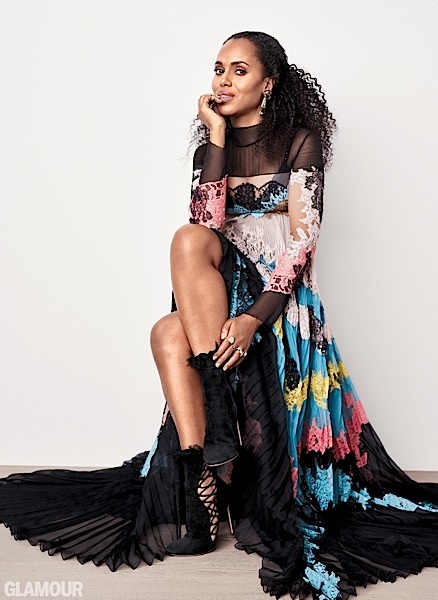


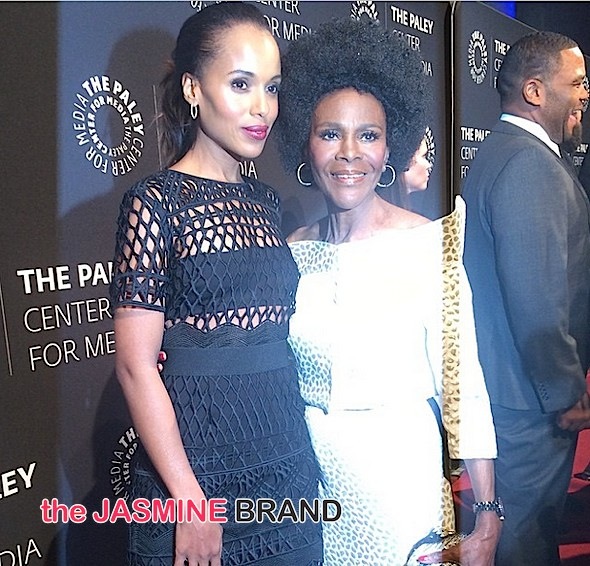

 Previous Article
Previous Article Next Article
Next Article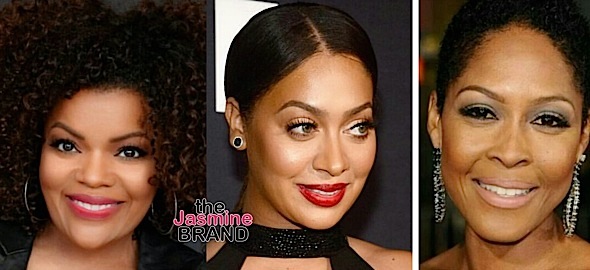 La La Anthony, Yvette Nicole Brown, Monica Calhoun Cast In ‘New Edition’ Movie
La La Anthony, Yvette Nicole Brown, Monica Calhoun Cast In ‘New Edition’ Movie 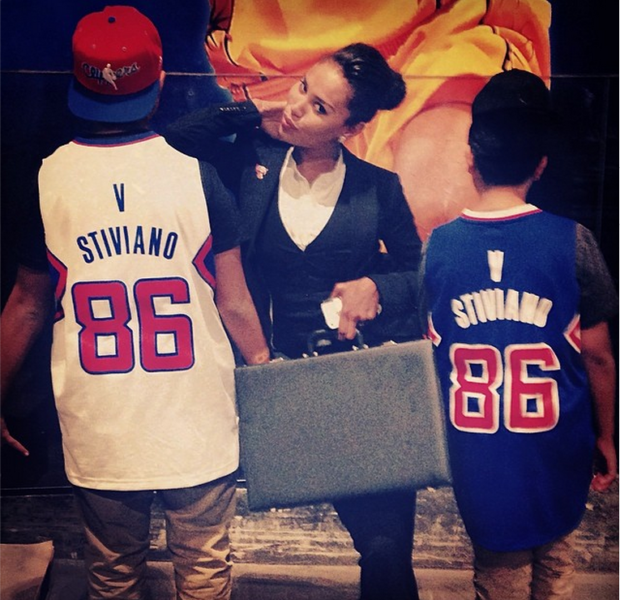 V.Stiviano Planning Tell All-Book + Donald Sterling Battling Prostate Cancer?
V.Stiviano Planning Tell All-Book + Donald Sterling Battling Prostate Cancer? 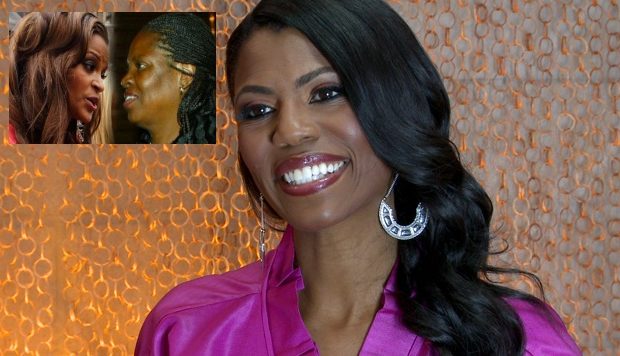 Ear Hustlin’: Omarosa’s Mother Allegedly Assaults Claudia Jordan on BET Awards Red Carpet
Ear Hustlin’: Omarosa’s Mother Allegedly Assaults Claudia Jordan on BET Awards Red Carpet ![[Photos] The Game Throws ‘Cabo For A Day Contest’, Laces Lucky Fans With A Free Trip To Mexico!](https://thejasminebrand.com/wp-content/uploads/2013/08/Screen-shot-2013-07-31-at-9.19.14-PM1-620x576.png) [Photos] The Game Throws ‘Cabo For A Day Contest’, Laces Lucky Fans With A Free Trip To Mexico!
[Photos] The Game Throws ‘Cabo For A Day Contest’, Laces Lucky Fans With A Free Trip To Mexico! ![[VIDEO] Lil Scrappy: I Cried When Diamond Left Me For Soulja Boy](https://thejasminebrand.com/wp-content/uploads/2014/08/lil-scrappy-cried-when-diamond-left-him-for-soulja-boy-the-jasmine-brand-620x600.png) [VIDEO] Lil Scrappy: I Cried When Diamond Left Me For Soulja Boy
[VIDEO] Lil Scrappy: I Cried When Diamond Left Me For Soulja Boy 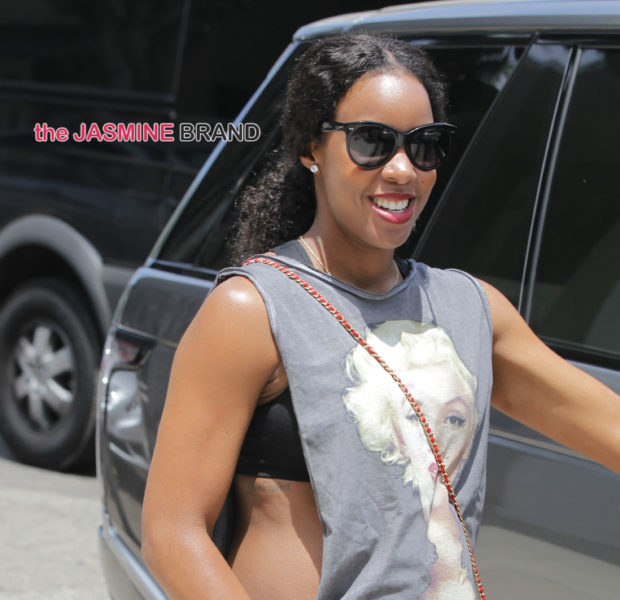 Ovary Hustlin’: Kelly Rowland Delivers Baby Boy, Titan Jewell Witherspoon
Ovary Hustlin’: Kelly Rowland Delivers Baby Boy, Titan Jewell Witherspoon 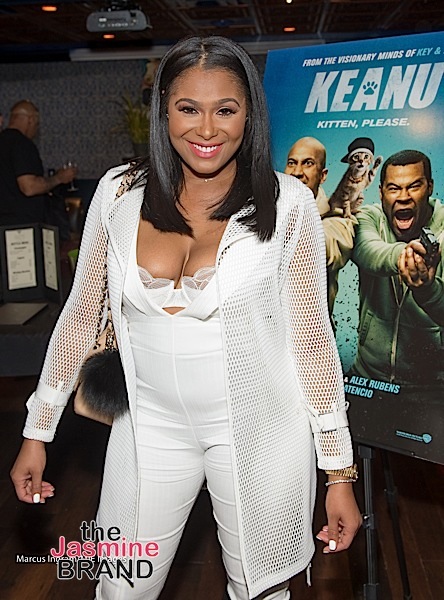 (EXCLUSIVE) Reality Star Althea ‘Thi Thi’ Heart Jailed After Confrontation With Benzino
(EXCLUSIVE) Reality Star Althea ‘Thi Thi’ Heart Jailed After Confrontation With Benzino ![[VIDEO] Cops Come For Kenya Moore, Divorce Tears & Piano Twerk Time + Watch the Real Housewives of Atlanta, Episode 3](https://thejasminebrand.com/wp-content/uploads/2013/11/kenya-moore-twerks-by-the-piano-real-housewives-of-atlanta-episode-3-the-jasmine-brand-620x356.jpg) [VIDEO] Cops Come For Kenya Moore, Divorce Tears & Piano Twerk Time + Watch the Real Housewives of Atlanta, Episode 3
[VIDEO] Cops Come For Kenya Moore, Divorce Tears & Piano Twerk Time + Watch the Real Housewives of Atlanta, Episode 3